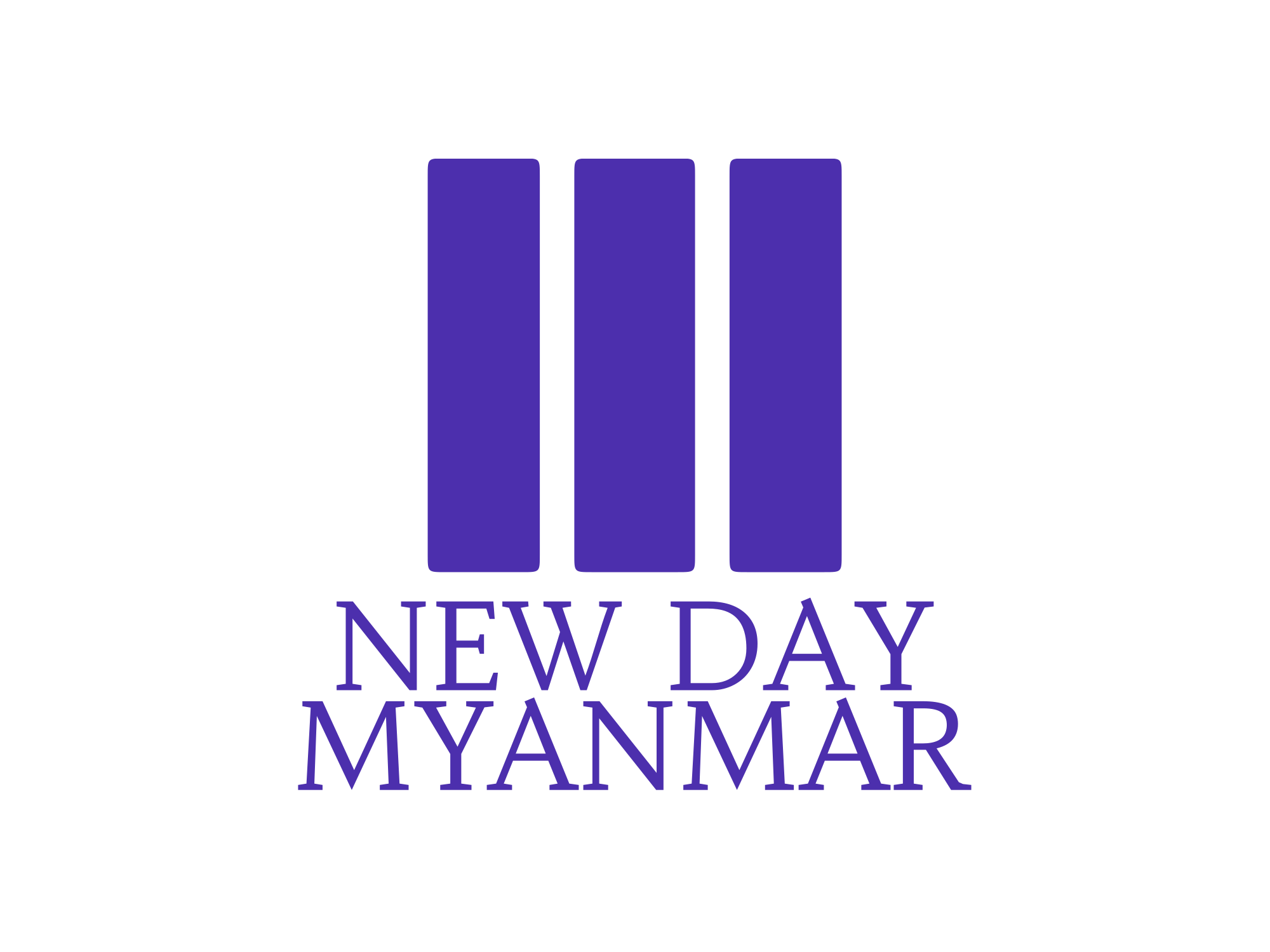July 22, 2024
The Myanmar military junta, led by coup leader Min Aung Hlaing, has been disseminating propaganda regarding the northern Shan State battles, including spreading false narratives to the Chinese government, according to a report by Burma Affairs & Conflict Study (BACS).
During the intense fighting of the 1027 Operation (Part 2), the junta’s lobbyists have accused the Northern Alliance of fighting alongside Chinese soldiers. Allegations include claims that the Myanmar National Democratic Alliance Army (MNDAA) is using Chinese flags and soldiers, as stated in a July 21 press release.
Additionally, the junta has portrayed the Northern Alliance as Chinese proxies, labeling them as invaders and depicting the conflict in northern Shan State as a form of neo-colonialism. Articles in junta-controlled media have also framed the battles in this light.
Despite these allegations, junta leader Min Aung Hlaing continues to engage with Chinese diplomats, frequently meeting them to seek support and legitimacy for the military regime. Deputy leader Soe Win has also made trips to China to request assistance and recognition for the upcoming elections.
The junta’s reliance on China to mediate northern conflicts is not new. In previous operations, the junta threatened Chinese interests and criticized China as an unreliable neighbor. The military regime’s lobbyists have consistently spread misinformation to create misunderstandings between the Chinese government and the resistance groups.
Between July 6 and July 12, pro-junta Telegram channels posted over 270 messages targeting ethnic armed organizations, with 106 posts specifically targeting the MNDAA amid the battles for Lashio. The Ta’ang National Liberation Army (TNLA) saw 86 posts, while the Arakan Army (AA) was mentioned in 41 posts.
These propaganda efforts reflect the heightened intensity and public interest in the ongoing battles in northern Shan State. The BACS report highlights how pro-junta Telegram channels, including six individual and six media channels, actively monitor and disseminate misinformation to further the junta’s agenda.
This spread of misinformation aims to manipulate both domestic and international perceptions of the conflict, painting the junta as defenders against foreign interference while simultaneously seeking China’s support to maintain power.



